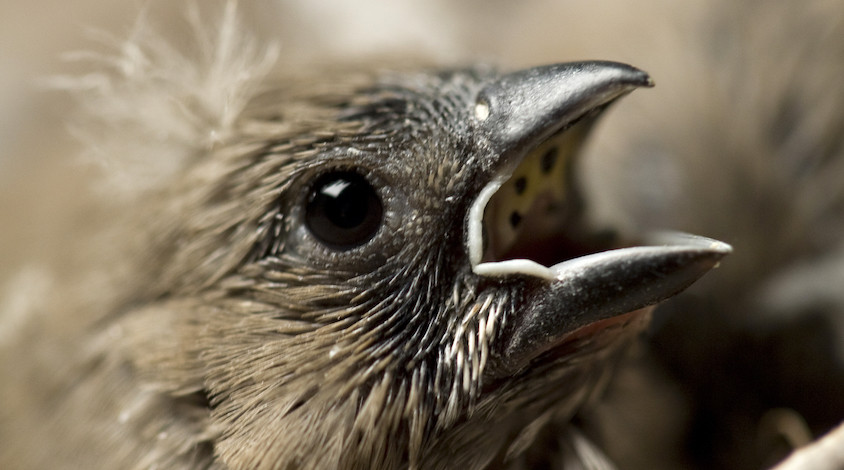Research analysing the impacts of warmer temperatures on the eggs of a native Australian bird species has found evidence to suggest embryos are developing before their parents even have a chance to incubate them.
The study, led by researchers from Macquarie University and published by The Royal Society, looked specifically at the embryonic development of zebra finches (Taeniopygia guttata) in warmer temperatures, which are becoming more frequent with climate change.
Lead author of the study, Professor Simon Griffith said the outcome of warmer temperatures “led to more difficulties for the parents to ensure that all the eggs in their nest hatches at the same time” so that eggs laid first would inevitably hatch before those laid later.
“Typically, zebra finches will lay one egg a day for about five days, and will only start to incubate their eggs on the day that the last egg is laid. This way, all the eggs incubate and hatch at the same time in the nest, making it easier for the parents to feed and look after the chicks evenly.”
Zebra finches, which are generally considered a resilient species, well-adapted to Australia’s arid interior, prefer to incubate their eggs at temperatures between 36 and 40 degrees Celsius.
With heatwaves becoming more frequent, nest temperatures are now reaching as high as 50 degrees Celsius.
“If global temperatures were to increase, it could play havoc with the family dynamic of these birds, creating situations where a single nest contains chicks of different ages, and even causing some embryos to die if the temperatures remain too hot for a long period,” Griffith said.
The study also notes that there is some benefit to the warmer temperatures as birds expend less energy in actively incubating their eggs, but it is yet to be seen whether the bird will be able to adapt their behaviours to these conditions.
“Future work will need to look at whether these birds, and other birds in general, are capable of adjusting to the alterations caused by climate change.”


